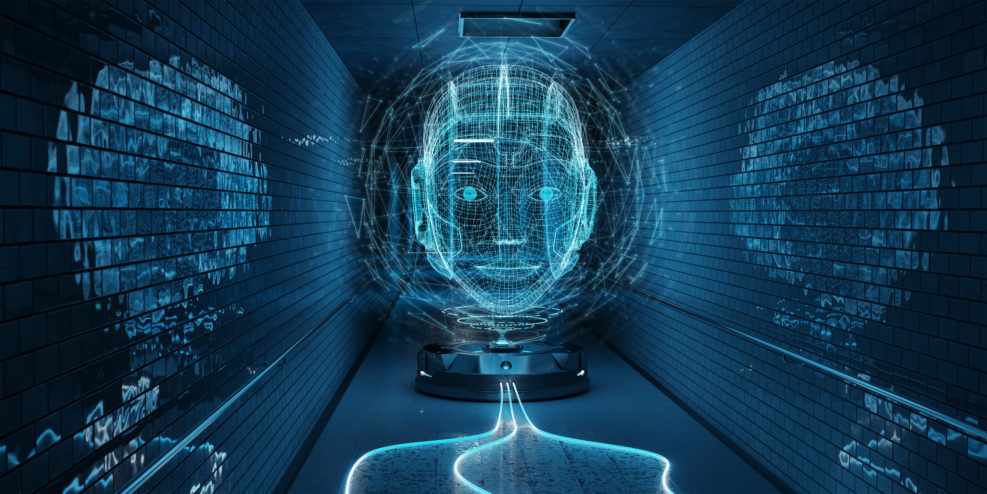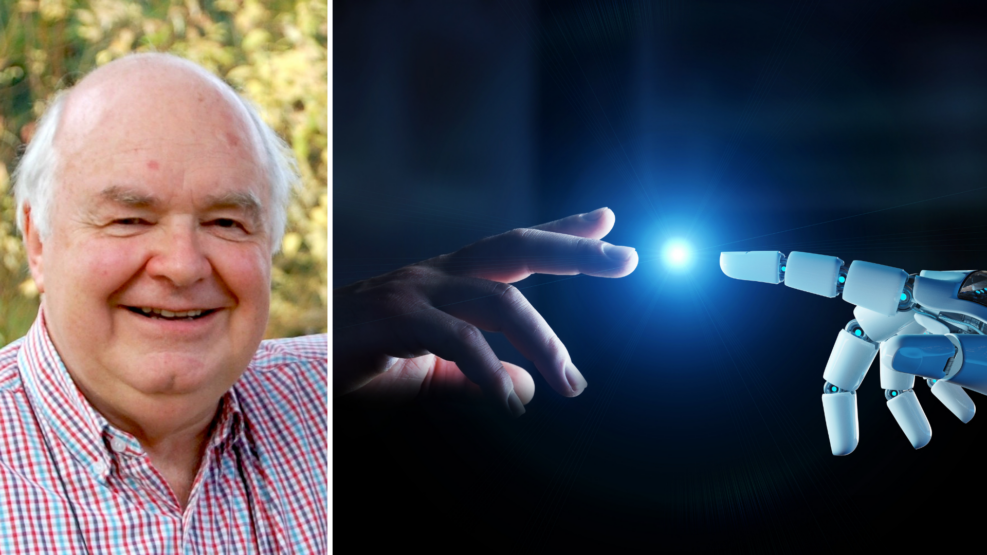
The Real Danger in AI
We are highly susceptible to suggestions about what an image meansBy Jeff Gardner The threat that artificial intelligence (AI) poses to us has been dominating the news cycle. Exactly what AI will do to us is hard to predict — it hasn’t happened yet. But some, like Elon Musk, worry that AI will be used primarily to peddle lies to us. Musk is right, but not because AI is the next thing in fake news. “Fake news” is already here, and it’s not composed of made-up stories. It is someone’s opinion being passed off as the story, the “facts” of the event. With fake news, the events are real, but the assigned meaning, the “frame” as it is called in the media, is manufactured. The Problem AI’s danger to us Read More ›


















